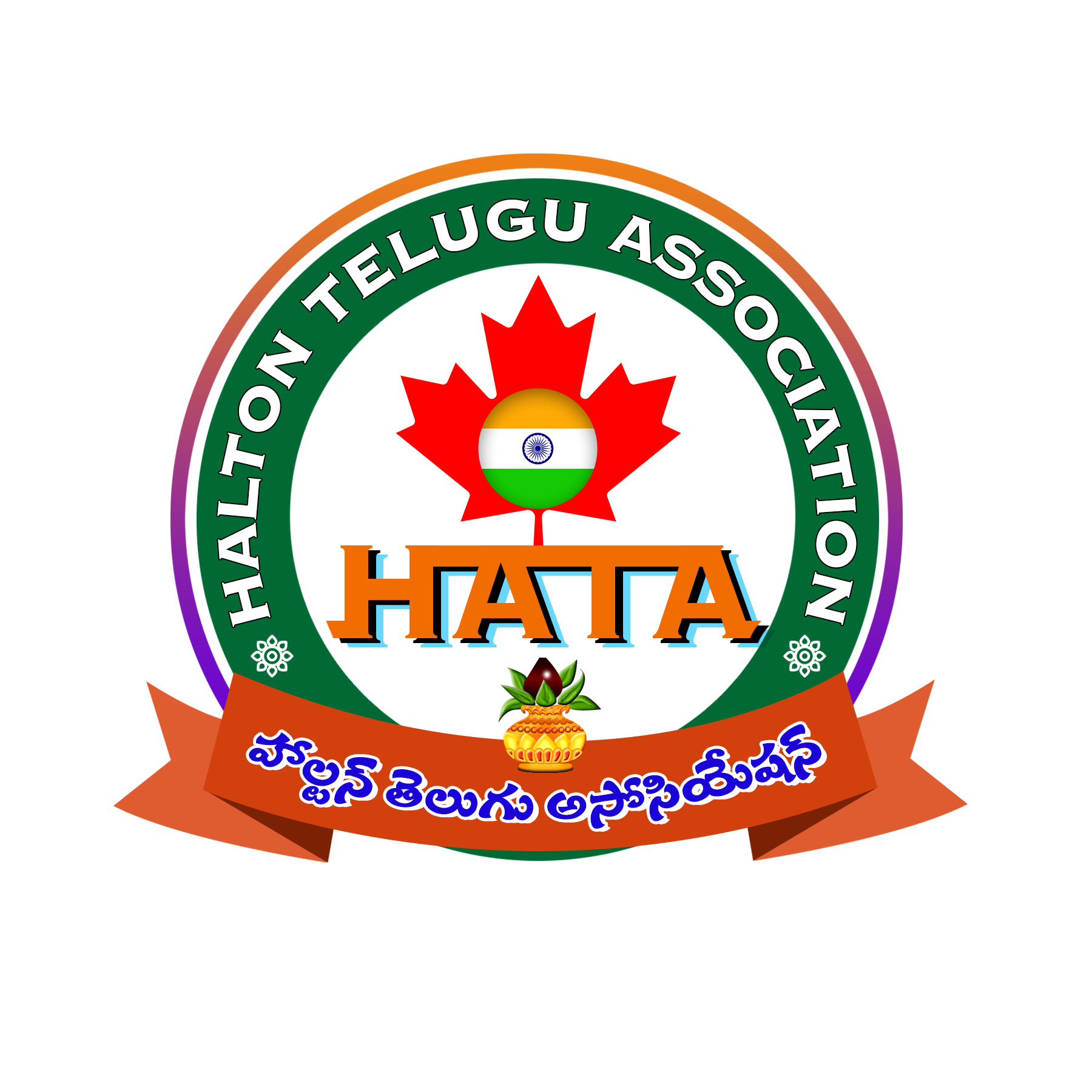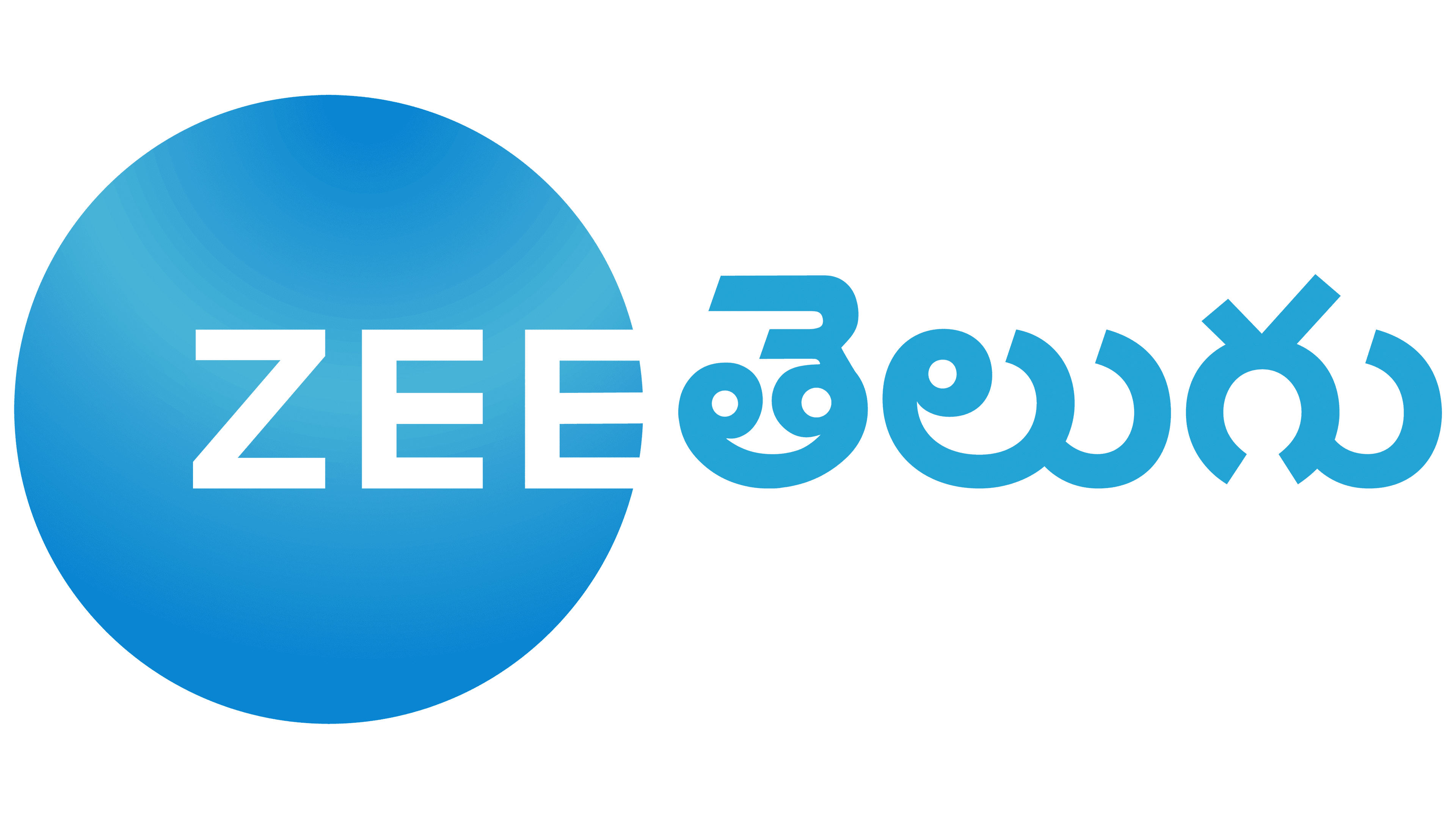From its origins in the ancient Dravidian civilization to its modern-day adaptations, Telugu continues to thrive as a dynamic language. Open Telugu has become particularly significant in the context of globalization, where language barriers are constantly being dismantled through innovation. It is now used in open-source software, digital platforms, and educational tools, enabling people across the world to connect with Telugu culture. As a result, this linguistic openness has opened doors for collaboration, learning, and cultural exchange. Understanding the essence of open Telugu is not just about learning the language but also about appreciating its adaptability and universality. Whether you're a student, a professional, or simply someone intrigued by languages, open Telugu offers a wealth of opportunities to explore. This article delves into the multifaceted aspects of open Telugu, covering its historical roots, modern applications, and future potential. Let’s embark on a journey to uncover the richness of this remarkable language.
Table of Contents
- What is Open Telugu and Why Does It Matter?
- The Fascinating History of Telugu: How Did It Evolve?
- How Open Telugu is Revolutionizing Technology?
- Exploring the Vibrant World of Telugu Literature
- Why Open Telugu is Transforming Education?
- What Role Does Telugu Play in Modern Media?
- What Does the Future Hold for Open Telugu?
- Frequently Asked Questions About Open Telugu
What is Open Telugu and Why Does It Matter?
Open Telugu refers to the efforts and initiatives aimed at making the Telugu language more accessible, inclusive, and adaptable to contemporary needs. In essence, it involves breaking down barriers that might prevent people from engaging with the language, whether due to technological limitations, lack of resources, or cultural unfamiliarity. Open Telugu is particularly significant in today’s digital era, where technology has become a cornerstone of communication and knowledge-sharing.
One of the key aspects of open Telugu is its integration into open-source platforms. Open-source software allows developers and users to freely access, modify, and distribute tools and resources. For Telugu, this has translated into the development of language tools like keyboards, translation software, and text-to-speech applications. These innovations make it easier for people to use Telugu in their daily lives, whether they’re writing emails, creating content, or engaging in online conversations.
Read also:Alana Cho Exploring The Life And Achievements Of A Rising Star
Open Telugu also plays a vital role in promoting inclusivity. By making the language more accessible, it ensures that people from diverse backgrounds can connect with Telugu culture and heritage. For instance, students from non-Telugu-speaking regions can now access educational resources in the language, while professionals can leverage Telugu in their work. This inclusivity fosters a sense of community and belonging, reinforcing the cultural significance of the language.
The Fascinating History of Telugu: How Did It Evolve?
Telugu traces its roots back to the ancient Dravidian civilization, making it one of the oldest languages in the world. Over centuries, it has evolved through various phases, influenced by Sanskrit, Persian, and English. The language’s rich history is a testament to its resilience and adaptability, qualities that continue to define open Telugu today.
In its early days, Telugu was primarily used in inscriptions and religious texts. The language gained prominence during the Vijayanagara Empire, where it became a medium of administration and literature. This period saw the emergence of classical Telugu literature, which remains a cornerstone of the language’s cultural identity.
As Telugu spread across regions, it absorbed elements from neighboring languages, enriching its vocabulary and syntax. The advent of colonialism introduced English influences, which further shaped the language. Today, open Telugu continues this tradition of evolution, embracing modern technologies and global trends while staying true to its roots.
How Open Telugu is Revolutionizing Technology?
Technology has become a driving force behind the growth of open Telugu. From open-source software to artificial intelligence, the language is being integrated into various digital platforms, making it more accessible than ever before. This technological revolution has transformed the way people interact with Telugu, opening up new possibilities for communication and collaboration.
One of the most significant advancements is the development of Telugu language tools. These include:
Read also:Discover The World Of Entertainment With Mk Moviespoint Your Ultimate Movie Guide
- Telugu Keyboards: Virtual keyboards that allow users to type in Telugu on their devices.
- Translation Software: Tools that translate content into and from Telugu, breaking down language barriers.
- Text-to-Speech Applications: Programs that convert written Telugu into spoken language, aiding accessibility.
Another area where open Telugu is making strides is in artificial intelligence. AI-powered language models are being trained to understand and generate Telugu content, enabling applications like chatbots, voice assistants, and content generation tools. These innovations not only enhance user experience but also promote the language’s global reach.
Why Open Telugu is Essential for Digital Inclusion?
Digital inclusion is a critical aspect of open Telugu, as it ensures that people from all walks of life can access and benefit from technological advancements. By integrating Telugu into digital platforms, open Telugu bridges the gap between technology and tradition, making it easier for people to connect with their cultural roots.
For instance, open-source educational platforms now offer courses and resources in Telugu, empowering students to learn in their native language. Similarly, digital libraries and archives are making Telugu literature more accessible to a global audience. These efforts not only preserve the language but also promote its growth and evolution.
Exploring the Vibrant World of Telugu Literature
Telugu literature is a treasure trove of stories, poems, and philosophical works that reflect the language’s rich cultural heritage. From classical epics to modern novels, Telugu literature has something for everyone. Open Telugu has played a crucial role in preserving and promoting this literary tradition, making it accessible to a wider audience.
What Are the Key Genres of Telugu Literature?
Telugu literature spans a wide range of genres, each with its unique characteristics and themes. Some of the most prominent genres include:
- Kavya (Poetry): Known for its lyrical beauty and emotional depth.
- Puranas (Mythology): Religious texts that narrate stories of gods and goddesses.
- Prabandhas (Biographies): Historical accounts of kings and scholars.
These genres have evolved over time, reflecting the changing social and cultural landscape of Telugu-speaking regions. Open Telugu has ensured that these literary works remain relevant in the modern era, through digitization and translation efforts.
Why Open Telugu is Transforming Education?
Education is one of the most significant beneficiaries of open Telugu. By integrating the language into educational platforms, open Telugu is empowering students and educators alike. This transformation is particularly evident in the rise of e-learning platforms, digital textbooks, and online courses in Telugu.
How Open Telugu is Bridging the Education Gap?
Open Telugu addresses the challenges faced by students in non-Telugu-speaking regions by providing resources in their native language. This not only enhances comprehension but also fosters a deeper connection with the subject matter. For instance, STEM subjects are now being taught in Telugu, making them more accessible to rural students.
Additionally, open Telugu promotes inclusivity by catering to students with disabilities. Tools like screen readers and audio books in Telugu ensure that everyone has equal access to education. These efforts are paving the way for a more equitable and inclusive educational system.
What Role Does Telugu Play in Modern Media?
Telugu has a significant presence in modern media, from films and television to digital platforms. Open Telugu has amplified this presence by making content more accessible and engaging for a global audience. The rise of Telugu cinema, also known as Tollywood, is a testament to the language’s cultural impact.
How Open Telugu is Shaping the Entertainment Industry?
Open Telugu has revolutionized the entertainment industry by enabling the creation of multilingual content. For instance, Telugu films are now being dubbed and subtitled in multiple languages, reaching audiences worldwide. Similarly, digital platforms like YouTube and Netflix offer a wide range of Telugu content, from movies to web series.
This global reach has not only boosted the popularity of Telugu media but also fostered cross-cultural exchanges. By embracing open Telugu, the entertainment industry is ensuring that the language remains relevant in the digital age.
What Does the Future Hold for Open Telugu?
The future of open Telugu is bright, with endless possibilities for growth and innovation. As technology continues to evolve, open Telugu will play an increasingly important role in shaping the language’s trajectory. From artificial intelligence to virtual reality, the potential applications of open Telugu are limitless.
One of the key trends to watch is the integration of Telugu into emerging technologies. For instance, virtual reality platforms could offer immersive experiences in Telugu, allowing users to explore the language and culture in new ways. Similarly, AI-powered language models could generate high-quality content in Telugu, enhancing its global reach.
What Challenges Does Open Telugu Face?
Despite its potential, open Telugu faces several challenges, including:
- Limited Resources: A lack of funding and expertise can hinder the development of Telugu tools.
- Standardization Issues: Variations in dialects and scripts can complicate integration efforts.
- Cultural Sensitivity: Balancing modernization with cultural preservation is a delicate task.
Addressing these challenges will require collaboration between governments, organizations, and communities. By working together, we can ensure that open Telugu continues to thrive in the years to come.
Frequently Asked Questions About Open Telugu
What is the significance of open Telugu?
Open Telugu promotes accessibility, inclusivity, and adaptability, ensuring that the language remains relevant in the modern world. It bridges communication gaps and fosters cultural exchange.
How can I contribute to open Telugu?
You can contribute by participating in open-source projects, creating content in Telugu, or supporting initiatives that promote the language. Every effort counts!
Where can I find resources for learning Telugu?
There are numerous online platforms and educational tools available for learning Telugu. Websites like OpenLanguage offer comprehensive resources for beginners and advanced learners alike.
Conclusion
Open Telugu is more than just a linguistic concept; it’s a movement that celebrates the language’s rich heritage while embracing its future potential. By making Telugu more accessible and inclusive, open Telugu is fostering a global community that values diversity and innovation. Whether you’re a native speaker or a curious learner, open Telugu offers endless opportunities to explore and engage with this vibrant language.
As we look to the future, it’s clear that open Telugu will continue to play a pivotal role in shaping the language’s trajectory. By addressing challenges and embracing new technologies, we can ensure that Telugu remains a dynamic and inclusive language for generations to come. So, why not join the movement and discover the richness of open Telugu today?

